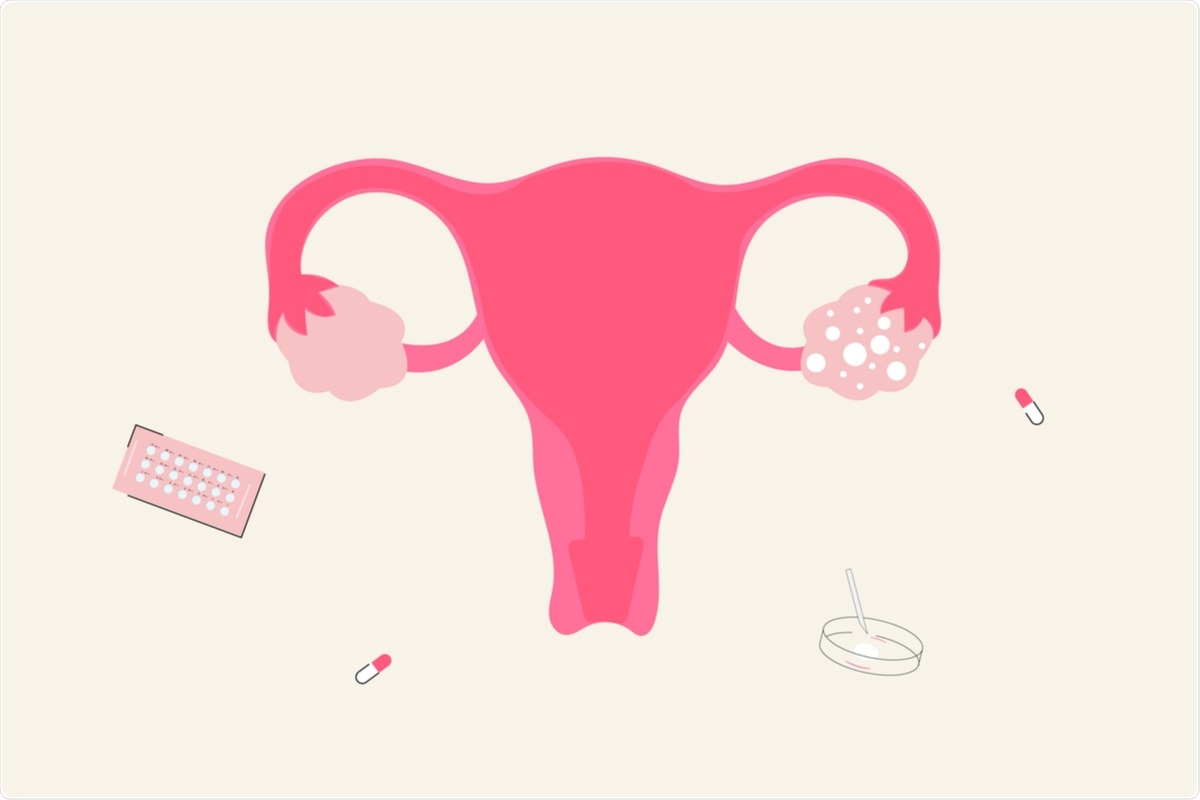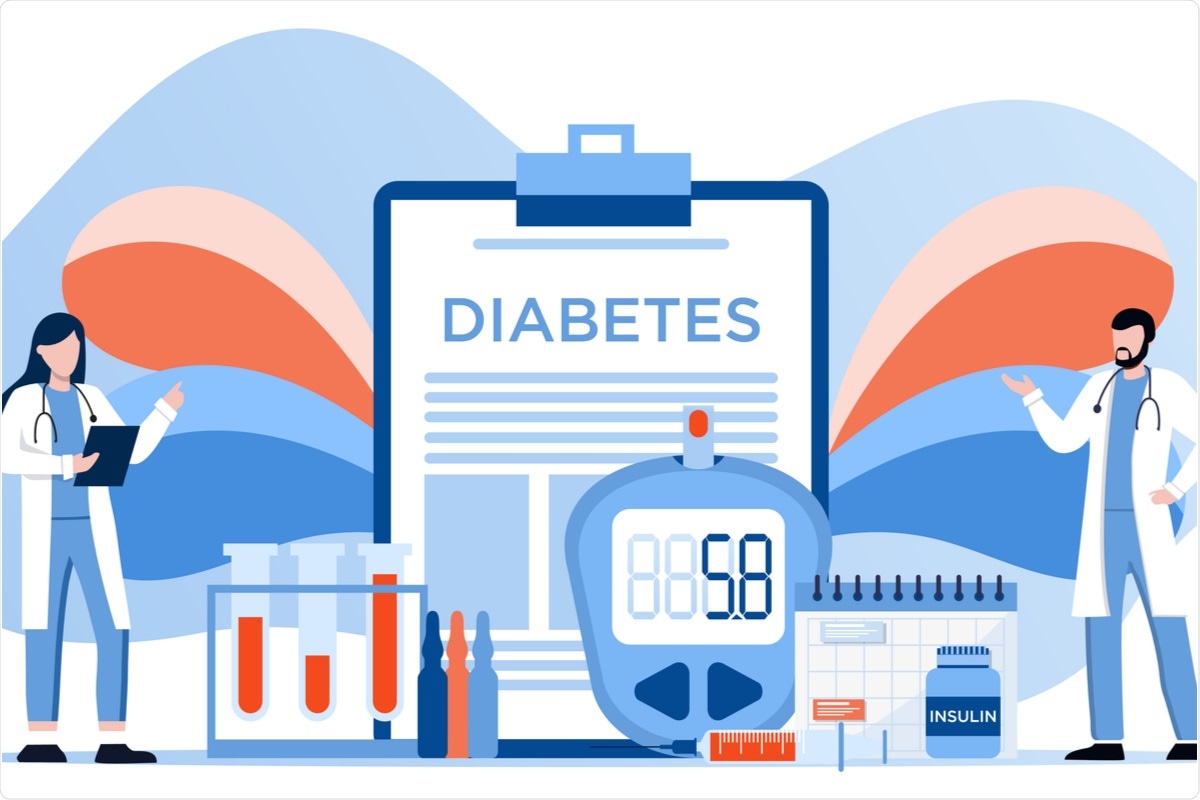My name is Wiebke Arlt, and I am a Professor of Medicine and Consultant Endocrinologist, i.e., a Hormone Specialist, at the University of Birmingham. PCOS affects 10-15% of women worldwide. However, despite PCOS representing the most common endocrine disorder in women, research is insufficiently addressing affected women's needs, particularly their lifelong burden of metabolic disease.
PCOS stands for polycystic ovary syndrome, a historical name that is not appropriate as it wrongly indicates that PCOS would be a disease caused by the ovaries. Key features of PCOS are androgen excess, i.e., overproduction of so-called "male" hormones by the adrenal glands, the ovaries, and peripheral tissues, importantly, including fat cells in the adipose tissue.
A diagnosis of PCOS is made if a woman has increased androgens in her blood and suffers from irregular menstrual cycles. Too much androgen increases the early stages of follicle development in the ovary but inhibits the later stages of follicle maturation, preventing the regular release of an egg that could be fertilized. This leads to lots of little follicles developing at the same time, which look like little "cysts" on ultrasound. These follicles get stuck in their development early on. They then are absorbed by the ovarian tissue without releasing a mature egg for fertilization, making it more difficult for women with PCOS to get pregnant. It is important to exclude other, very rare conditions before diagnosing PCOS. This is why we screen for other conditions clinically and biochemically when first assessing a woman with PCOS.
What are some of the challenges faced by women with PCOS?
While the reproductive consequences of PCOS with irregular menstrual cycles and difficulties conceiving have long been noted, multiple publications over the last decade have highlighted that women with PCOS indeed suffer from a lifelong metabolic disorder, which causes them to suffer from higher rates of high blood pressure, type 2 diabetes, and later in life, fatty liver disease, and cardiovascular disease.
 Image Credit: Gegambar/Shutterstock.com
Image Credit: Gegambar/Shutterstock.com
The symptoms of PCOS are caused by androgens. Can you tell us what androgens are and how they cause PCOS symptoms?
Androgens cause male-pattern hair growth on the face and body and can result in scalp hair loss. Too much androgen increases the early stages of follicle development in the ovary but inhibits the later stages of follicle maturation, preventing the regular release of an egg that could be fertilized. This leads to irregular menstrual cycles and the 'polycystic' appearance of the ovaries.
Importantly, androgens have a metabolically adverse effect in women. In fat tissue, they lead to an accumulation of fat in the adipocyte. When the storage capacity of the adipocyte is exhausted, it comes to a fatty acid overspill in the bloodstream. This increases insulin, a hormone important for blood sugar regulation. High insulin increases the production of androgens further by upregulating an important enzyme that produces androgens, a vicious circle linking androgen excess to insulin resistance.
Why did you decide to investigate the impact of the contraceptive pill on type 2 diabetes or pre-diabetes in women with PCOS?
Contraceptive pills are routinely used for menstrual cycle regulation in women with PCOS. However, the "pill" also can reduce androgen action, importantly by increasing the production of the protein sex-hormone binding globulin, SHBG, in the liver. SHBG snatches androgen molecules from the bloodstream and binds them tightly, preventing these androgen molecules from stimulating the androgen receptor in excess and causing harmful effects.
From your findings, what did you hypothesize about the action of the pill in reducing the risk of diabetes?
As described above, there is now a lot of evidence that androgens are metabolically harmful and increase the risk of metabolic disease. The 'pill" can reduce the action of androgen as described above. Therefore, we hypothesized that using the pill would reduce metabolic risk in women with PCOS and make them less likely to develop type 2 diabetes.
 Image Credit: Julia Lazebnaya/Shutterstock.com
Image Credit: Julia Lazebnaya/Shutterstock.com
How do you hope these findings will influence healthcare policies and the health of women living with PCOS?
Women with PCOS can feel more confident when taking the pill. Also, it would be great to have an intervention study examining our observation in detail and confirming our findings when randomizing similar patients to pill or no pill. Our study was a population-based study, which means we observed what happened in routine clinical practice without a defined intervention.
However, the pill cannot be given to women who are very overweight or suffer from migraine or have a strong family history of breast cancer. Thus, it will be important to develop more drugs that target androgen excess in PCOS. Currently, there is not a single drug approved for the treatment of PCOS.
What are the next steps for you and your research into PCOS?
We are working on developing new drugs for women with PCOS and on the understanding of underlying disease mechanisms in PCOS. We aim to disrupt the vicious circle between androgen excess, insulin resistance, and metabolic disease for a healthier future for women with PCOS.
Where can readers find more information?
Wiebke leads the Dissecting Androgen excess and metabolic dysfunction – an Integrated Systems approach to PolyCystic Ovary Syndrome (Daisy PCOS) Research Project. It's a new research study that examines the metabolic nature of PCOS and its links to other health conditions. Please see the new website for more information and about the public engagement program. Find out more here: www.daisypcos.com
About Professor Weibke Arlt
Wiebke Arlt is the William Withering Chair of Medicine and Director of the Institute of Metabolism and Systems Research at the University of Birmingham.
She leads a large, multi-disciplinary research group, comprising biologists, biochemists, clinician scientists, and computational biologists, investigating the role of steroids in health and disease, with a particular focus on the link between steroids and metabolic disease. As an Honorary Consultant Endocrinologist, she leads specialist services for patients with adrenal and gonadal disorders at Queen Elizabeth Hospital Birmingham, as part of the Birmingham Health Partners' Centre for Endocrinology, Diabetes, and Metabolism.
Wiebke has published over 200 original research articles and is a sought-after lecturer. Her scientific work has attracted several major national and international prizes including awards from the Society for Endocrinology UK (Society for Endocrinology Medal Lecture 2010, Clinical Endocrinology Trust Lecture 2015), the European Society of Endocrinology (EJE Prize 2009, Clinical Endocrinology Trust Medal Lecture 2016), the German Society for Endocrinology (Berthold Medal Lecture 2017) and the Endocrine Society USA (Ernst Oppenheimer Award 2010), Outstanding Clinical Investigator Award 2019). She was elected Fellow of the UK Academy of Medical Sciences in 2010.